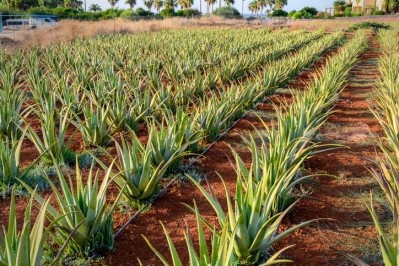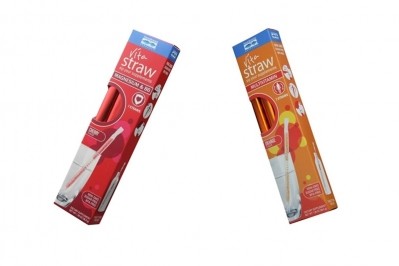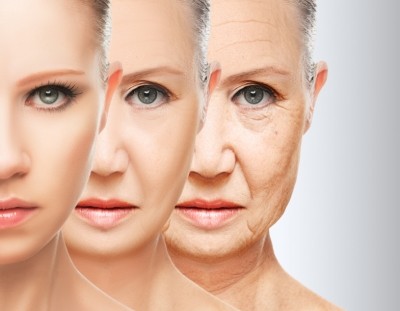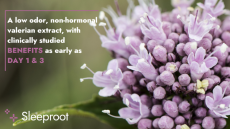Yogurt for healthy skin? Japanese researchers examine aloe sterol-fortified yogurt
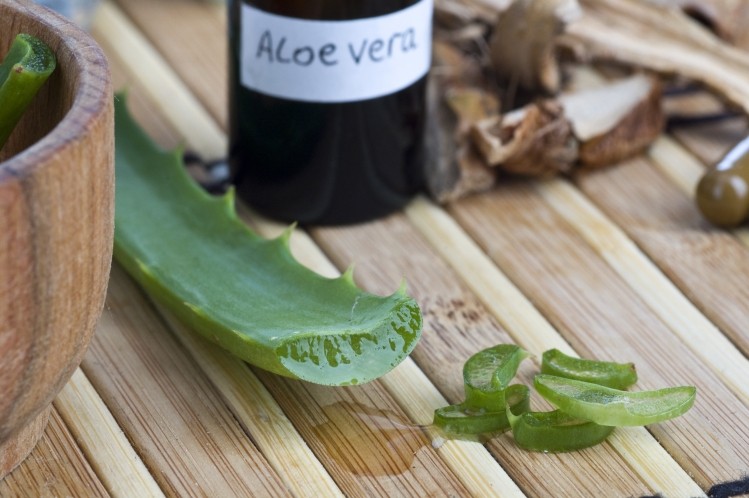
The double-blind, randomized, controlled trial was conducted by researchers of the Functional Food Ingredients Department of the Morinaga Milk Industry Company and the Department of Dermatology of Wakayama Medical University.
Aloe sterol, derived from Aloe vera gel, has been noted for its anti-inflammatory activities through activation of the peroxisome proliferator-activated receptors of natural or pharmaceutical specific ligands. Additionally, the whole leaf and peel of the plant are believed to contain anthraquinones, “which generate a reactive oxygen species when in contact with UVA light,” the researchers wrote in the study, published in the journal Skin Pharmacology and Physiology.
Its application in yogurt for this trial mirrors the demand for functional food, especially those geared towards skin care and beauty-from-within, among Japanese consumers. Euromonitor ranks Japan’s beauty dietary supplement market at the top with a retail value of US$1.6 billion in 2015—for comparison, the US places 7th.
Formulating the yogurt beverage
The objective of the study was to examine the influence of aloe sterol intake on skin conditions. The drinkable yogurt delivery format was produced specifically for this study (as opposed to using a product already on the market). Additionally, aloe vera gel powder was prepared by drying the mesophyll of aloe vera plants.
The aloe sterol yogurt contained 40 micrograms of aloe sterol per 100 g of yogurt. The nutrient composition per 100 g of yogurt was 45 kcal of energy, 0.3 g of fat, 3 g of protein, 9.4 g of carbohydrates, and 0.5 g of aloe vera gel powder. For the placebo beverage, aloe vera gel powder was replaced with guar gum.
Selecting participants: Japanese women aged 30-59
A total of 64 healthy adult Japanese women aged between 30 and 59 were randomly divided into two equal groups and assigned to consume either placebo or the aloe sterol drink. To be included in the study, individuals were required to not have consumed food that adversely affects the skin’s condition, not regularly use cosmetics and creams on their arms except for sunscreen, not have allergic diseases with sleep disorder, and not have any other skin condition.
Barrier integrity of skin was higher during the test period than at baseline for both groups. But the forearm skin hydration levels of the aloe sterol group were significantly greater than placebo at weeks 4, 8, and 12.
Skin elasticity increased for the aloe sterol group at 4, 8, and 12 weeks, while the placebo group experienced lower elasticity at weeks 8 and 12.
Additionally, ultrasound images of six participants (three from each group) before and after 8 and 12 weeks were compared. Images of the aloe sterol group showed expansion of high collagen score regions in the tested area compared to the placebo group.
“The results of this double-blind clinical trial demonstrated that daily oral intake of 40 μg of Aloe sterol significantly increased skin barrier function, skin moisture, and skin elasticity,” the researchers wrote. “Furthermore, ultrasonographic results suggested that intake of Aloe sterol increased skin elasticity by increasing the collagen content in the dermis.”
The researchers recommend further histological analysis to elucidate the underlying mechanisms of the effects of aloe sterol intake on skin health.
Source: Skin Pharmacology and Physiology
Published online ahead of print, DOI: 10.1159/000454718
"Effects of Aloe Sterol Supplementation on Skin Elasticity, Hydration, and Collagen Score: A 12-Week Double-Blind, Randomized, Controlled Trial"
Authors: Tanaka M. Yamamoto Y., Misawa E., Nabeshima K., Saito M., Yamauchi K., Abe F., Furukawa F.

